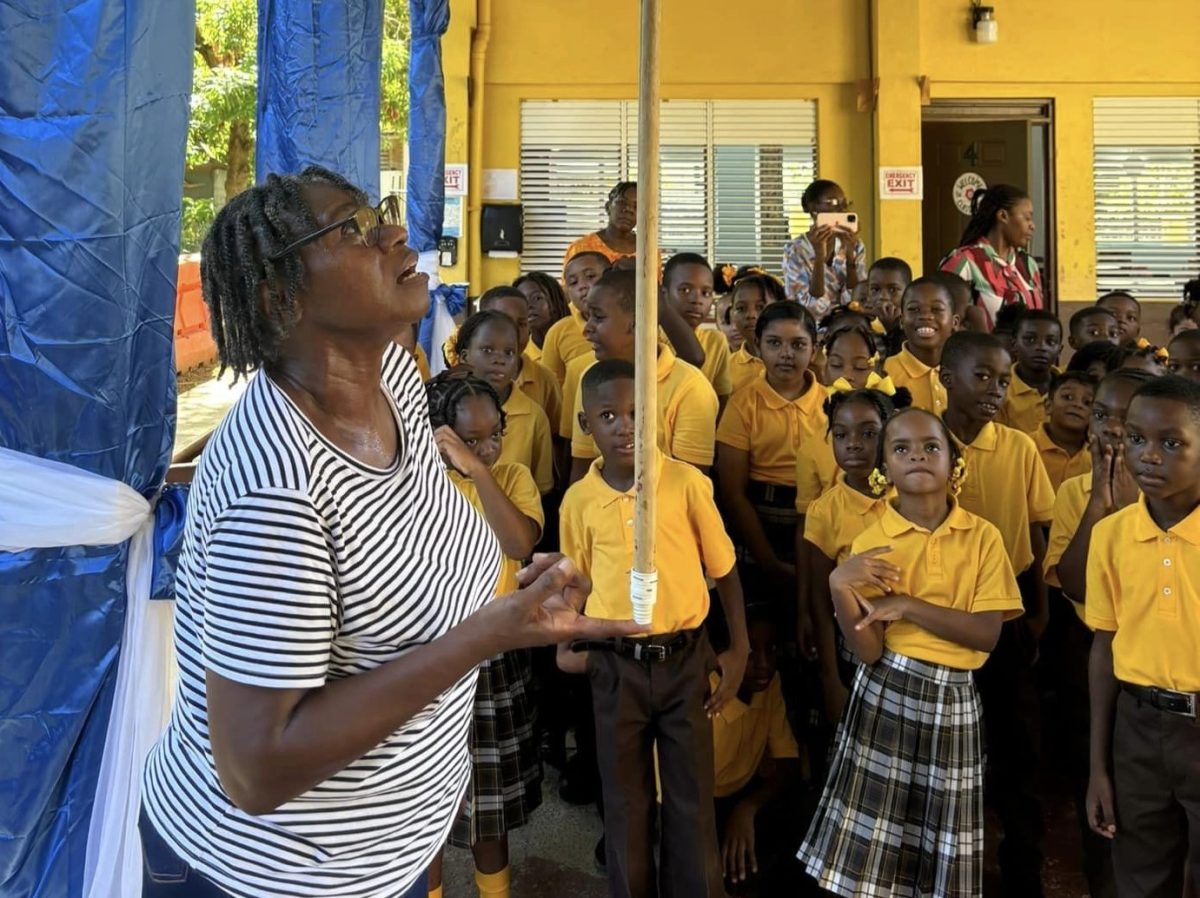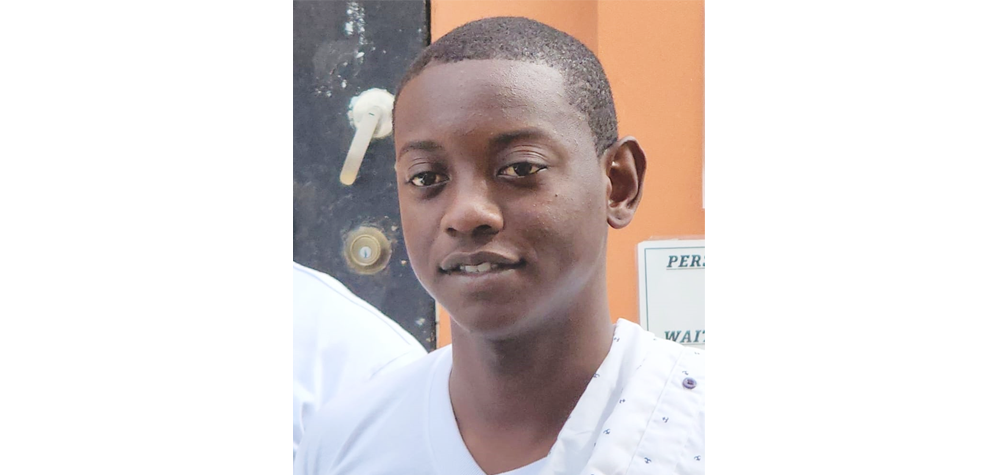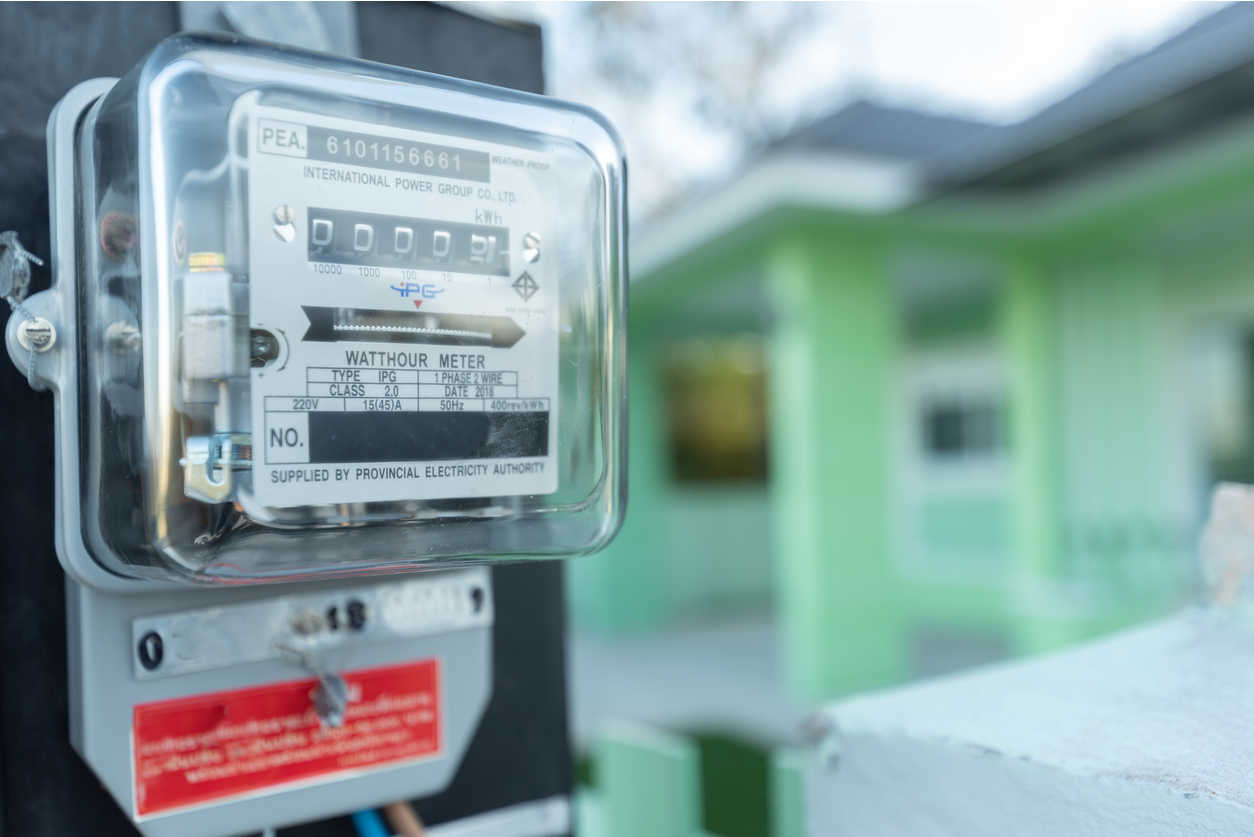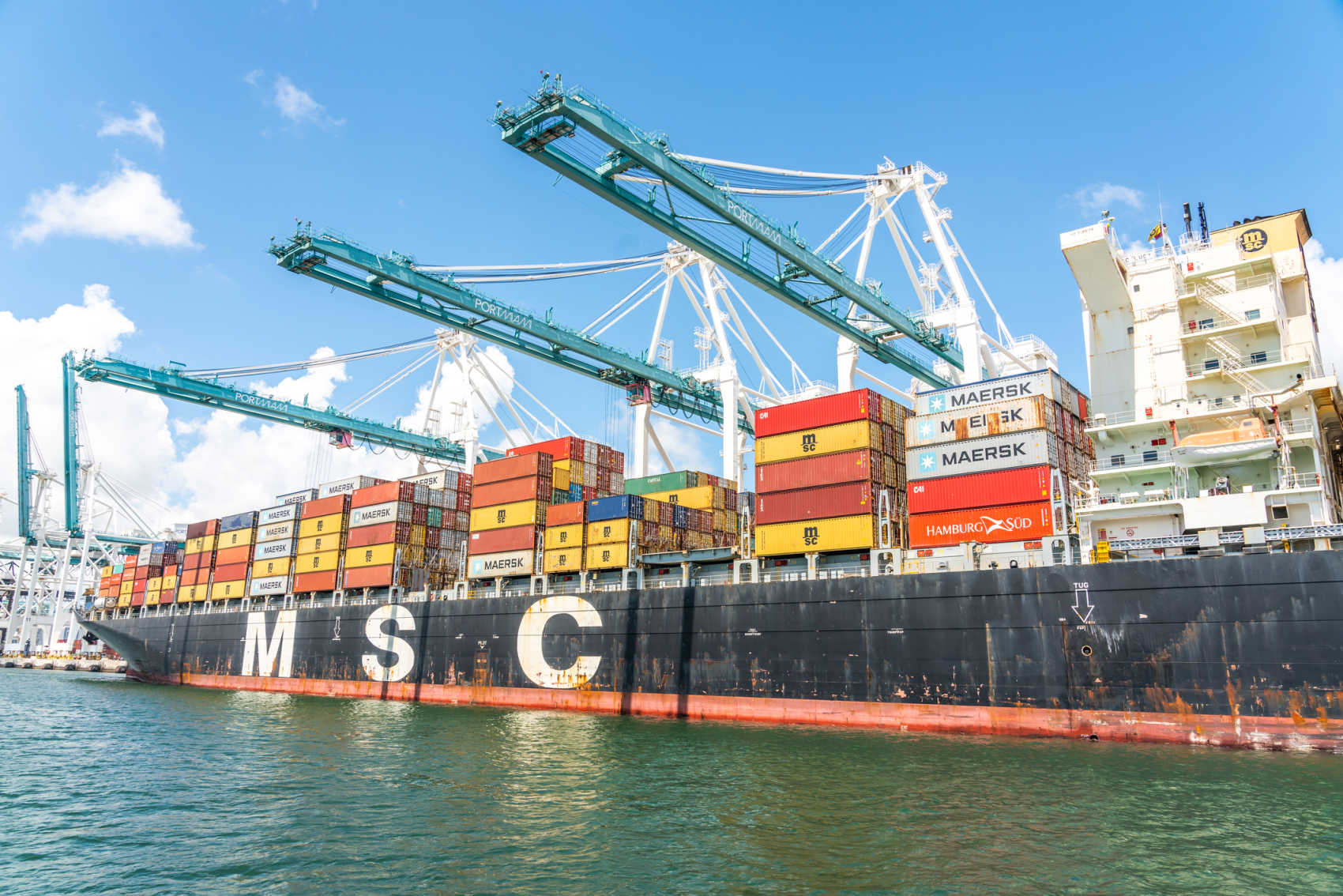

Currently, private schools dominate the list of eight Virgin Islands schools that have earned the internationally recognised designations of “Safe” or “SMART.”
But that may change soon.
With the help of a $1.3 million grant previously secured from the European Union, the government hopes to add 14 public schools to the list starting next month.
As part of the BVI SMART Schools Project, the schools have recently undergone assessments and improvements managed by the Department of Disaster Management.
“These enhancements include structural upgrades, energy-and-water-conservation measures, and the establishment of sustainable practices such as school gardens, recycling and waste reduction,” DDM stated in a press release. “Schools that meet these safety standards are certified as Safe, with those incorporating additional green practices being designated as SMART.”
DDM hopes to certify at least 11 of the 14 participating schools with both designations by the end of November, and to certify the other three soon after, according to DDM Information and Education Manager Chrystall Kanyuck-Abel.
Certified already
Currently, eight VI schools hold the Safe designation (see sidebar), but only two are public: the Alexandrina Maduro Primary School and the VI School of Technical Studies.
The VISTS is the only public school with the SMART designation, which is also held by the BVI Seventh-day Adventist School, Chapman Learning Centre and Cedar International School.
Partners
The SMART School project’s current iteration, which was unveiled in January, is funded by the EU through a grant from the regional Resilience, Sustainable Energy, and Marine Biodiversity programme, known as RESEMBID.
The grant has helped build on a previous DDM partnership with the Ministry of Education, Youth Affairs and Sports by funding expertise from new collaborators, according to government.
The non-profit organisation Green VI, for instance, is charged with leading efforts to establish school gardens, conduct water and energy audits, and promote conservation on school campuses.
The BVI Red Cross was brought on board to facilitate first aid training for teachers, as well as community assessments designed to bolster safety measures beyond school premises.
And H. Lavity Stoutt Community College’s Centre for Applied Marine Studies is responsible for supplying coastal resilience and marine biodiversity education, teaching students to safeguard the marine environment amid climate challenges.
“With this project and thanks to the work of our partners, the mission is to support the schools so that they can safeguard our students, but also empower them with the knowledge and tools to thrive in an ever-changing world,” said SMART Schools Project Manager Michel Ambrose, the planning and preparedness manager at DDM. “The upgrades implemented are a critical step toward achieving that goal.”
The 14 schools participating in the certification push are Alexandrina Maduro Primary, Bregado Flax Educational Centre Primary and Secondary Division, Claudia Creque Educational Centre, Ebenezer Thomas Primary, Enis Adams Primary, Enid Scatliffe Pre-primary, Elmore Stoutt High, Francis Lettsome Primary, Ivan Dawson Primary, Joyce Samuel Primary, Leonora Delville Primary, Robinson O’Neal Memorial Primary, and Willard Wheatley Primary schools, according to DDP.
For regular updates on the project, go to bviddm.com and the DDM Facebook page.
EU project
RESEMBID is a 47-project programme funded by the EU and implemented by Expertise France, which is the development cooperation agency of the French government. It supports sustainable human development efforts in 12 Caribbean overseas countries and territories, which also include Aruba, Anguilla, Bonaire, the Cayman Islands, Curaçao, Montserrat, Saba, St. Eustatius, St. Barts, St. Maarten and the Turks and Caicos Islands.
The programme’s three core objectives include increasing energy efficiency, protecting marine biodiversity, and boosting resilience to extreme natural events, according to DDM.
Related News

Convicted murderer sentenced to 23 years

PSC Urges WAPA Customers to Report Billing Discrepancies; Steps to Dispute Your Bill

Dockworkers’ Strike from Maine to Texas Threatens Supply Chain Stability in U.S. Virgin ...

